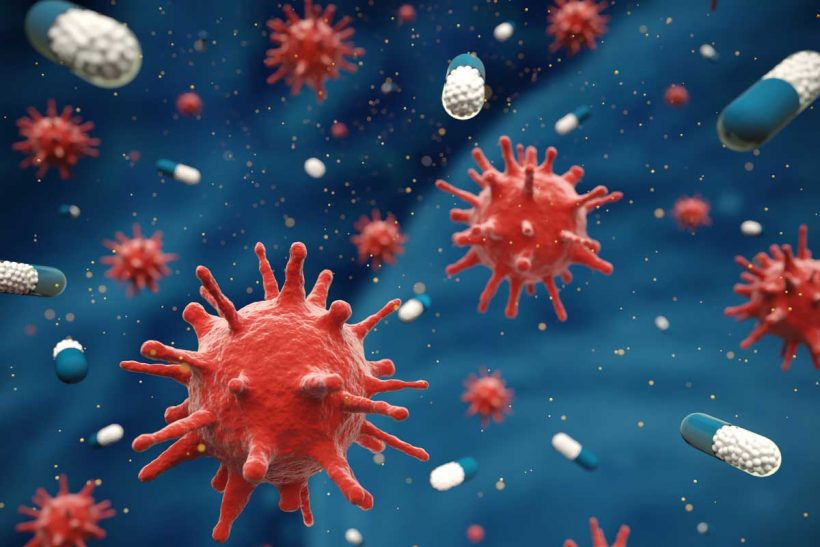Buy cheap amitriptyline coupons no prescription
The risk of long-term health problems, hospitalization and death after a COVID-19 infection diminishes among those who take the antiviral drug Paxlovid within five days after testing positive, according to an analysis of federal health data by researchers at Washington University School of Medicine in St. Louis and the Veterans Affairs St. Louis Health Care system.
Paxlovid works to stop the virus that causes COVID-19 from multiplying, and reduces the amount of virus in the body. The medication’s benefits last up to six months after infection, the study showed. Further, the effects extend to those who are unvaccinated, vaccinated, and vaccinated with subsequent booster shots, as well as to people who have recovered from COVID-19 but later are reinfected one or more times.
The findings are published March 23 in JAMA Internal Medicine.
Paxlovid, developed by Pfizer, is the brand name for an oral antiviral medication that contains the drugs nirmatrelvir and ritonavir. In late 2021, the U.S. Food and Drug Administration issued an emergency use authorization allowing for the medication to be prescribed to treat mild to moderate COVID-19 in people at risk of progression to severe COVID-19. Those considered at risk are people age 50 or older; and adults or children age 12 or older who have heart, kidney and lung diseases; diabetes or obesity; or cancer or immune disorders, among other conditions.
“Long COVID-19 has become an urgent public health problem that poses wide-ranging concerns — from decreased life expectancy rates, to burdened health-care and employment systems, to weakened economies on local levels, in the U.S. and abroad,” said senior author Ziyad Al-Aly, MD, a Washington University clinical epidemiologist who has studied extensively the long-term effects of COVID-19 infection. “Our study suggests Paxlovid is an effective weapon against COVID-19’s potential for debilitating and life-threatening effects on the body.”
The World Health Organization has tracked about 760 million cases of COVID-19 since the pandemic began three years ago. It estimates that one in five of those infected — or roughly 152 million people — have suffered from long COVID-19, a condition linked to heart attack, stroke, memory disorders, debilitating fatigue, pancreatitis, liver malfunction, epileptic seizures, chronic kidney disease, diabetes, depression and death.
Other complications associated with long COVID-19 include irritable bowel syndrome, acid reflux, ulcers, hearing and vision abnormalities, migraine headaches, blood clots, and brain inflammation. Since the pandemic’s beginning in 2019, Al-Aly and his research team have studied about 80 adverse health outcomes associated with long COVID-19.
For the latest study, researchers analyzed de-identified prescription records of 281,793 people with SARS-CoV-2 infection who had at least one risk factor for progression to severe COVID-19 illness. They examined records from Jan. 3, 2022, through Dec. 31, 2022, from a database maintained by the U.S. Department of Veterans Affairs, the nation’s largest integrated health-care system.
They created controlled data sets of 246,076 people who had not been prescribed Paxlovid (or other drugs) and 35,717 who had received Paxlovid within five days of testing positive for COVID-19. Patients were mostly older, white males; however, the researchers used statistical modeling for parity comparisons.
The analysis showed that Paxlovid reduced the risk of long COVID-19 by 26% over a six-month period. Similarly, during the same time span, Paxlovid decreased the risk of death by 47% and the risk of hospitalization by 24%.
“All hypotheses of long COVID point to SARS-CoV-2 as the initiating agent,” Al-Aly said. “Our research reinforces such theories. It stands to reason that an antiviral drug — one that suppresses viral replication — may reduce the risk of long COVID.
“This gives me hope that antivirals may hold the key to preventing long COVID-19,” he added. “More research is needed to determine whether antiviral drugs other than Paxlovid are also effective at preventing long COVID.”
Source: Read Full Article
